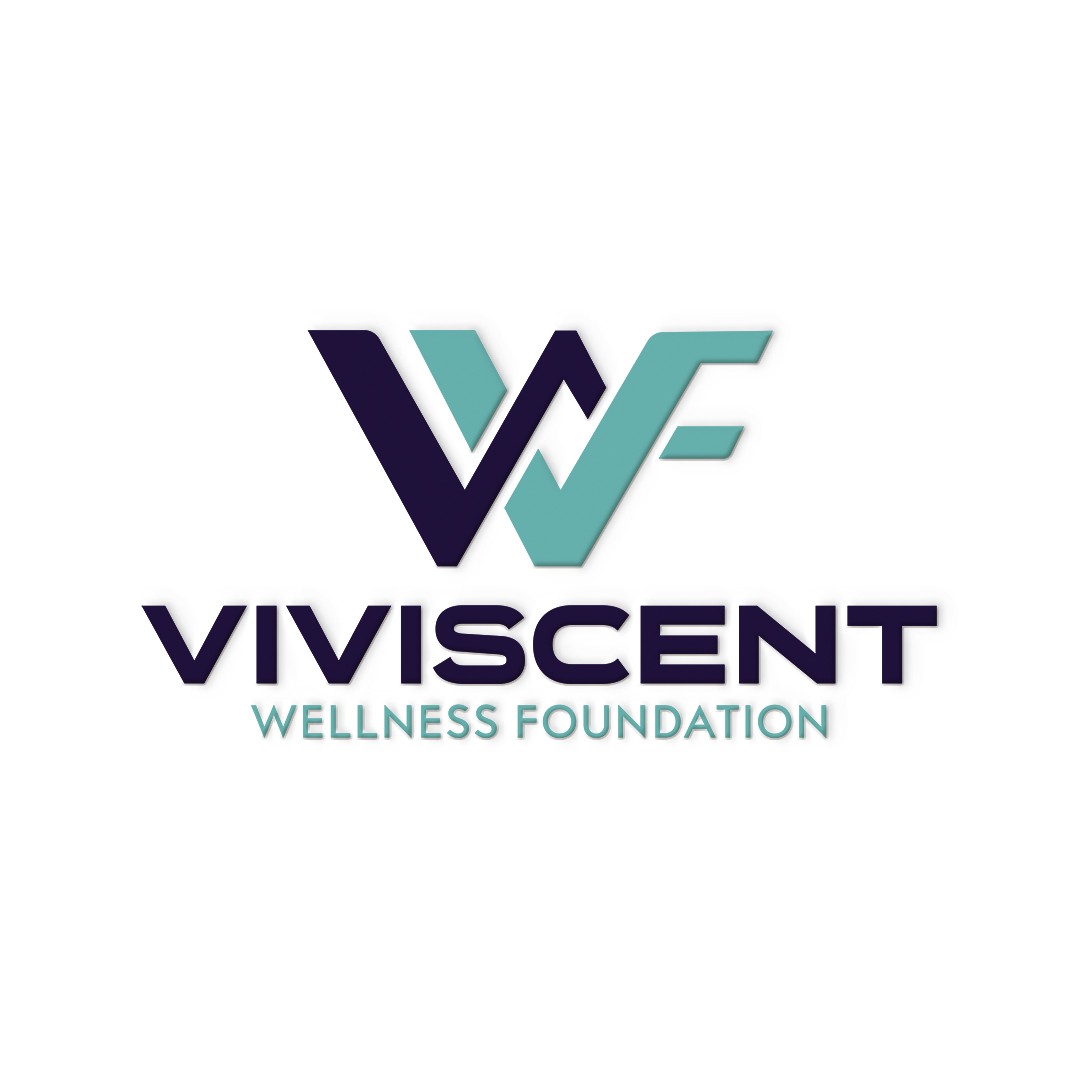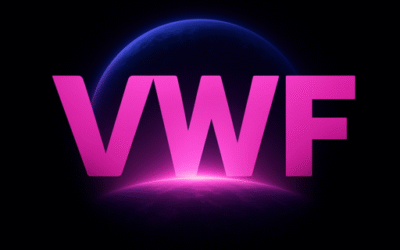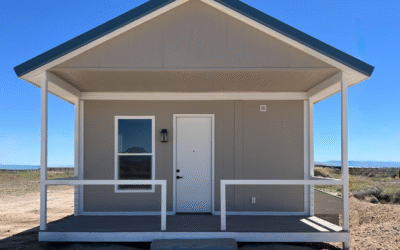The funding strategy for the Viviscent Wellness Foundation housing initiative will leverage a combination of public and private funding sources, including sponsorships, grants, government programs, and community-driven fundraising efforts. These diverse funding sources will reduce development costs while ensuring the long-term sustainability of the project, with all properties remaining under VWF ownership.
1. Group Sponsorships & Home-Specific Sponsorships
- Goal: Raise $5 million through home-specific and group sponsorships.
- “A Place to Call Home” Sponsorship Program: Individuals, organizations, and corporations can sponsor a home or group of homes. Each sponsor will receive recognition both on-site and in promotional materials, allowing sponsors to contribute directly to providing homes for veterans and underserved families.
- Corporate Social Responsibility (CSR): Engaging corporations seeking to fulfill their CSR goals by sponsoring multiple homes or an entire development site.
- Local Community Engagement: Encouraging local businesses, civic groups, and community members to fund smaller projects or specific home developments.
Fundraising Target: $5 million
2. HUD Grants & Section 8 Housing
- Goal: Secure $4 million through government grants and housing programs.
- HUD (Housing and Urban Development) Grants: VWF will apply for HUD funding for affordable housing development and rehabilitation, which can help offset costs associated with land acquisition, infrastructure, and construction.
- Section 8 Housing Vouchers: By providing housing options for low-income residents, VWF will participate in the Section 8 program, guaranteeing rent payments and creating a steady revenue stream.
- Low-Income Housing Tax Credits (LIHTC): The project will seek LIHTC to generate additional funds for affordable housing development. These credits can help offset a large portion of development costs.
Fundraising Target: $4 million
3. VA Partnerships & Veteran Housing Initiatives
- Goal: Secure $3 million in VA funding and initiatives.
- VA (Veterans Affairs) Partnerships: Collaborating with the VA to access specialized funds for veterans’ housing development. This includes funding for construction, rehabilitation, and supportive services for veterans.
- VA Homeless Veterans Program: VWF will apply for grants to provide stable housing solutions for homeless veterans, including job training, healthcare, and mental health services.
- HUD-VASH: By applying for HUD-VASH funding, VWF will help provide permanent supportive housing for homeless veterans, covering both construction and wrap-around services.
Fundraising Target: $3 million
4. Public-Private Partnerships (PPP)
- Goal: Raise $2 million through strategic public-private partnerships.
- Local Government Collaboration: VWF will partner with local governments to secure land grants, tax incentives, and development funds aimed at creating affordable housing in areas of need.
- Eco-focused Organizations: Collaborating with nonprofits and green energy companies for in-kind donations, reduced rates on materials, and specialized knowledge related to sustainable construction practices.
- Corporate Sponsors: Engaging corporations in funding initiatives to meet their sustainability and community development goals. In exchange for sponsorship, corporations can receive tax incentives, branding opportunities, and public recognition.
Fundraising Target: $2 million
5. Crowdfunding & Community Donations
- Goal: Raise $1 million through community-driven fundraising efforts.
- Online Crowdfunding Campaigns: VWF will launch crowdfunding campaigns targeting specific parts of the project, such as solar panel installation, community gardens, or the development of shared green spaces. Crowdfunding platforms like GoFundMe, Kickstarter, or Indiegogo will be used to engage small-scale individual donors.
- Local Fundraising Events: VWF will host local fundraising events, such as auctions, community dinners, benefit runs, and other initiatives to raise awareness and attract donations.
- Small-Dollar Donations: Encouraging local residents and supporters to contribute small amounts through regular donation drives, fostering a community investment in the project.
Fundraising Target: $1 million
6. Additional Revenue Through Rental Income (Section 8) & Long-Term Property Appreciation
- Goal: Generate ongoing revenue through rent and property appreciation.
- Section 8 Housing Vouchers will provide a guaranteed income stream from tenants, ensuring a steady cash flow for VWF to support ongoing operational and maintenance costs.
- Rent from Market-Rate Tenants: In addition to Section 8, VWF will offer rental homes at market rates for residents who do not qualify for Section 8, providing additional revenue to support the foundation’s work.
- Property Value Growth: Over time, the development will appreciate in value, ensuring that the assets stay profitable, even as VWF reinvests revenue into the growth and maintenance of future housing developments.
Ongoing Revenue Target: $500,000 – $1 million annually (once fully occupied and operational)
Total Fundraising Breakdown
| Funding Source | Amount |
|---|---|
| Group Sponsorships & Home-Specific Sponsorships | $5 million |
| HUD Grants & Section 8 Housing | $4 million |
| VA Partnerships & Veteran Housing Initiatives | $3 million |
| Public-Private Partnerships (PPP) | $2 million |
| Crowdfunding & Community Donations | $1 million |
| Ongoing Revenue (Rental Income) | $500,000 – $1 million annually |
Total Target: $15 million (for initial funding)
Conclusion:
By diversifying funding sources through sponsorships, government grants, VA partnerships, crowdfunding, and community-driven support, the Viviscent Wellness Foundation will raise the necessary capital to create affordable, sustainable homes for veterans and underserved families. With this robust funding strategy in place, VWF will ensure long-term property retention, generate steady revenue through rental income, and make a lasting impact on the lives of those in need.







0 Comments